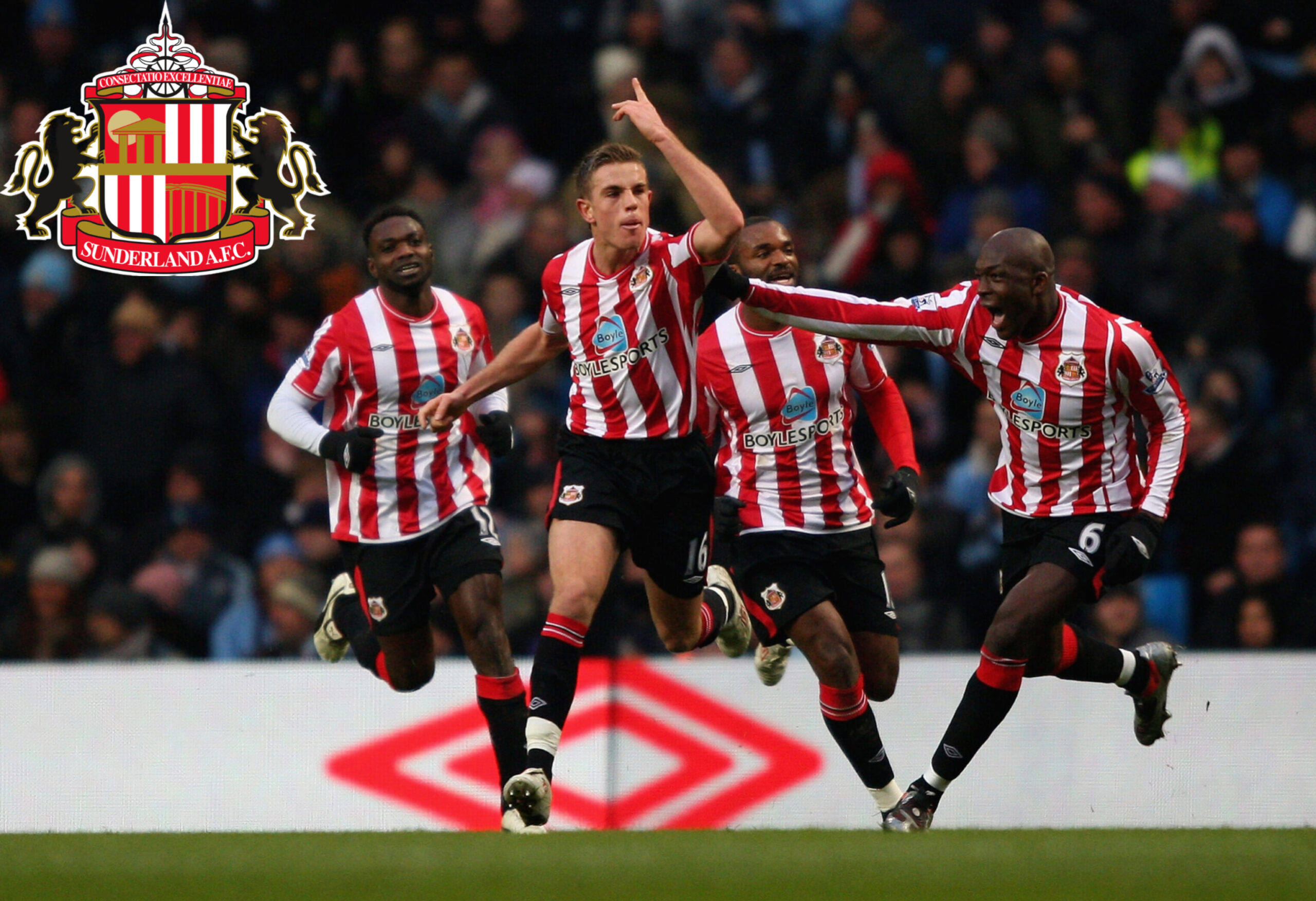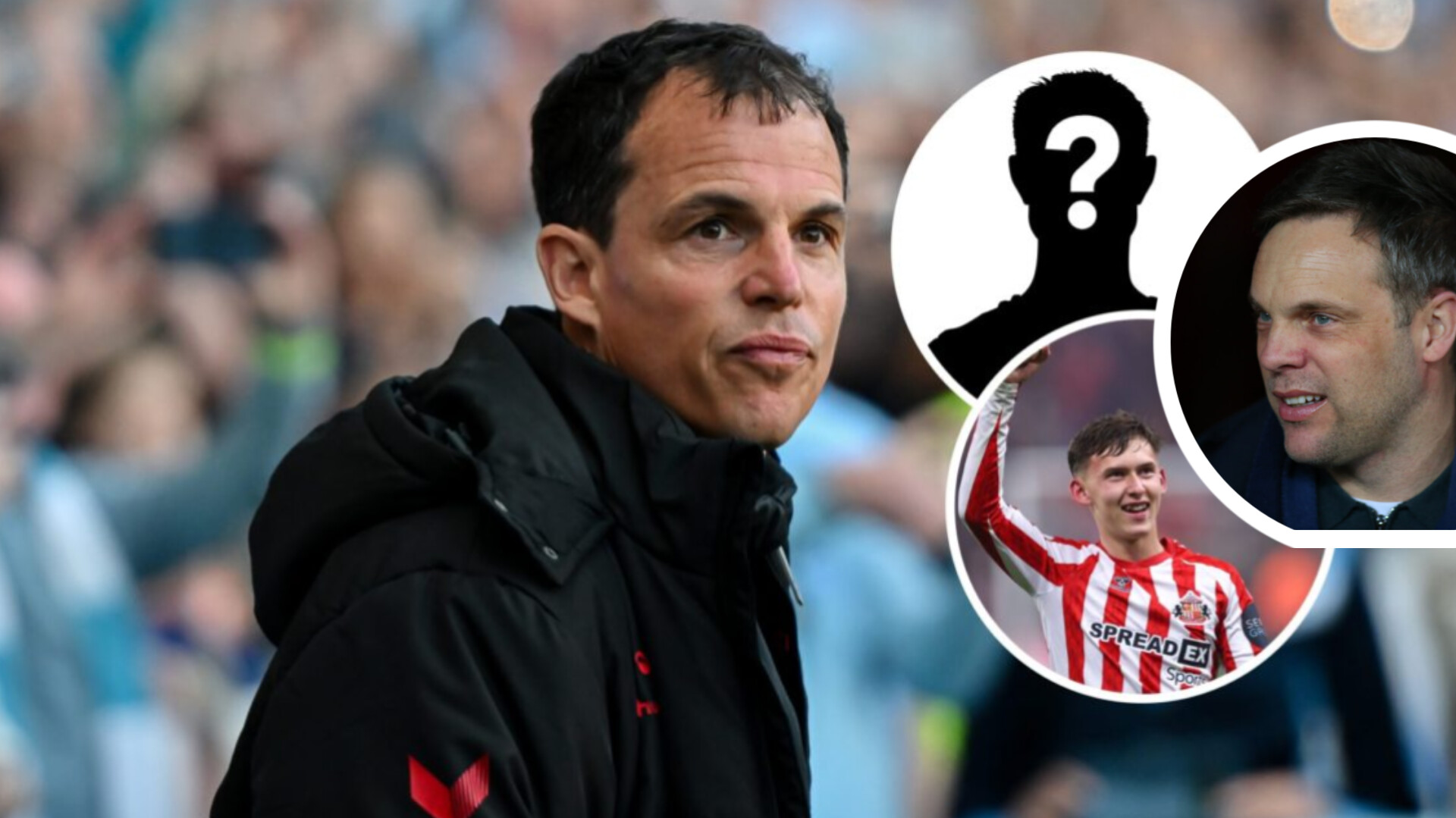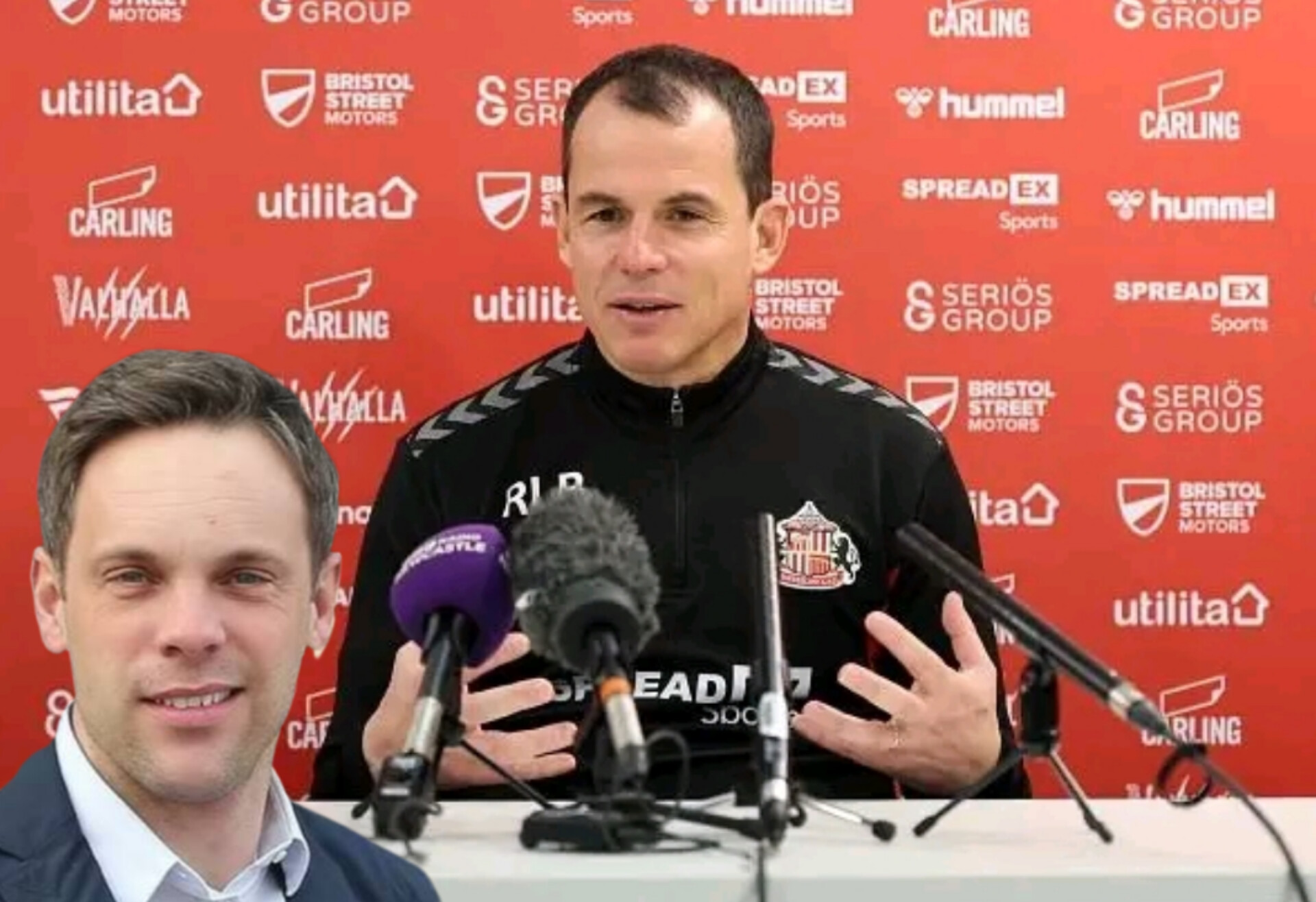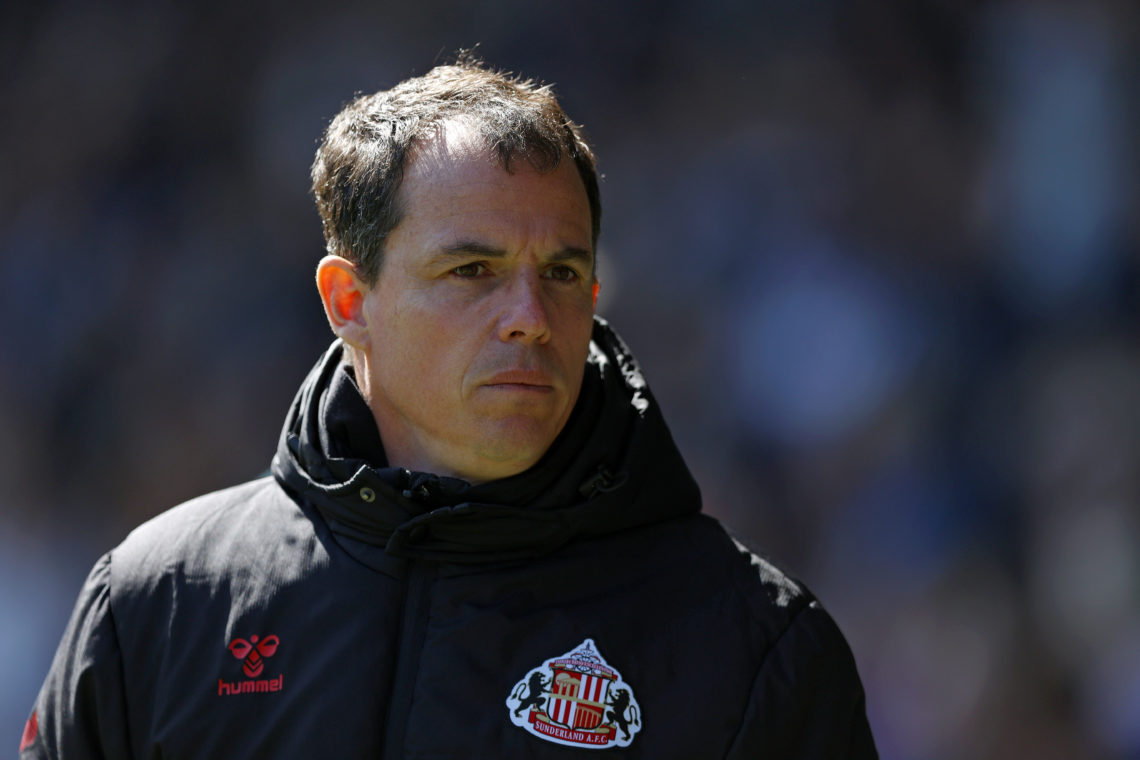The 1988/1989 season marked a significant turnaround for Sunderland Football Club, as they made a triumphant return to Division Two under the guidance of manager Denis Smith. This campaign stood in stark contrast to their previous stint in the second tier, which had ended in disappointment and relegation.
The club’s fortunes had taken a nosedive during two dismal seasons under Lawrie McMenemy, culminating in their demotion to the third division in 1987. However, Smith’s appointment brought about a swift change in the team’s trajectory. He reinvigorated the squad and secured an immediate promotion back to Division Two.
Upon their return to the second tier, Sunderland quickly adapted to the higher level of competition. Although their early results didn’t always reflect the quality of their performances, the team would go on to achieve a respectable eleventh-place finish by the season’s end.
The road to success wasn’t without its challenges, however. Despite an encouraging victory over York City in the League Cup, Sunderland struggled to secure their first league win of the season. Their opening six fixtures yielded four draws and two defeats, leaving them hungry for a breakthrough as they prepared to host Oldham Athletic at Roker Park.
The match against Oldham, the division’s top scorers at that point, presented both a threat and an opportunity. Sunderland needed to demonstrate their ability to compete at this level, and the game would prove to be a test of their mettle and maturity.
Smith faced additional challenges in the lead-up to the match, with injuries to key players Gary Bennett and Reuben Agboola complicating his selection process. Bennett’s situation was resolved earlier in the week, but Agboola’s groin strain remained a concern until the morning of the game. This uncertainty disrupted Smith’s preparations, including his plans to implement a new sweeper system to counter Oldham’s potent attack.
Despite these setbacks, Smith was able to field a competitive team. Richard Ord was drafted in for his first start of the season, replacing the injured Bennett. Frank Gray was positioned in front of the defense, with Gary Owers shifting to right-back. Gary Ogilvie, who had impressed in reserve team matches, was named as a substitute, providing additional defensive cover if needed.
The match itself was a thrilling affair, with both teams displaying attacking intent from the outset. Sunderland took an early lead through Marco Gabbiadini, who capitalized on a defensive error to score his first goal of the season. However, Oldham quickly equalized through Frankie Bunn, who then added a second to put the visitors ahead.
Sunderland’s resilience was evident as they fought back to level the score before halftime, with stand-in captain John MacPhail converting a penalty after Colin Pascoe was fouled in the area. The second half saw both teams creating chances, but it was Sunderland who ultimately secured the victory. Pascoe scored the winning goal, finishing off a move that began with goalkeeper Iain Hesford and involved a clever flick from Gabbiadini.
The win was significant not just for the team, but for the entire Sunderland community. At a time when the town was facing economic challenges, particularly in the shipbuilding industry, the football club’s success provided a much-needed morale boost. The victory served as a reminder of the town’s resilience and potential, both on and off the pitch.
As Sunderland celebrated their first league win of the season, there was a sense that the club was finally regaining its footing after the difficulties of recent years. With a promising manager in Denis Smith, a revitalized squad, and renewed optimism among supporters, Sunderland appeared to be on the path to reclaiming their status as a force in English football.






